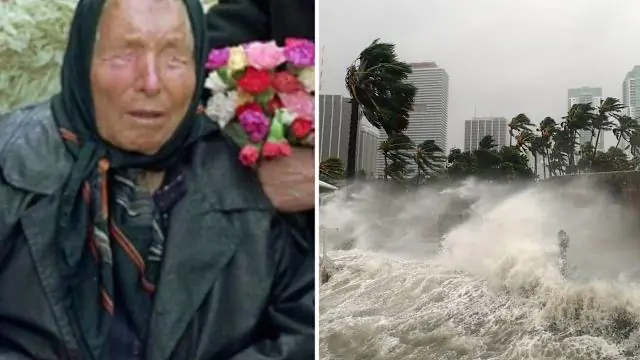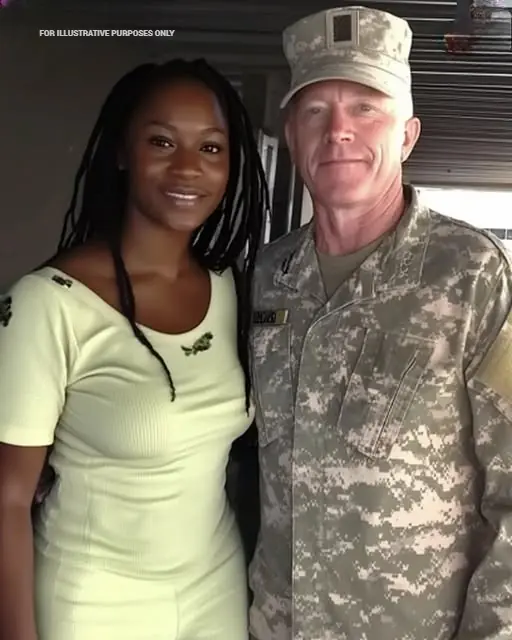
I Heard My Daughter Whisper 'I Miss You, Dad' into the Landline – but I Buried Her Father 18 Years Ago
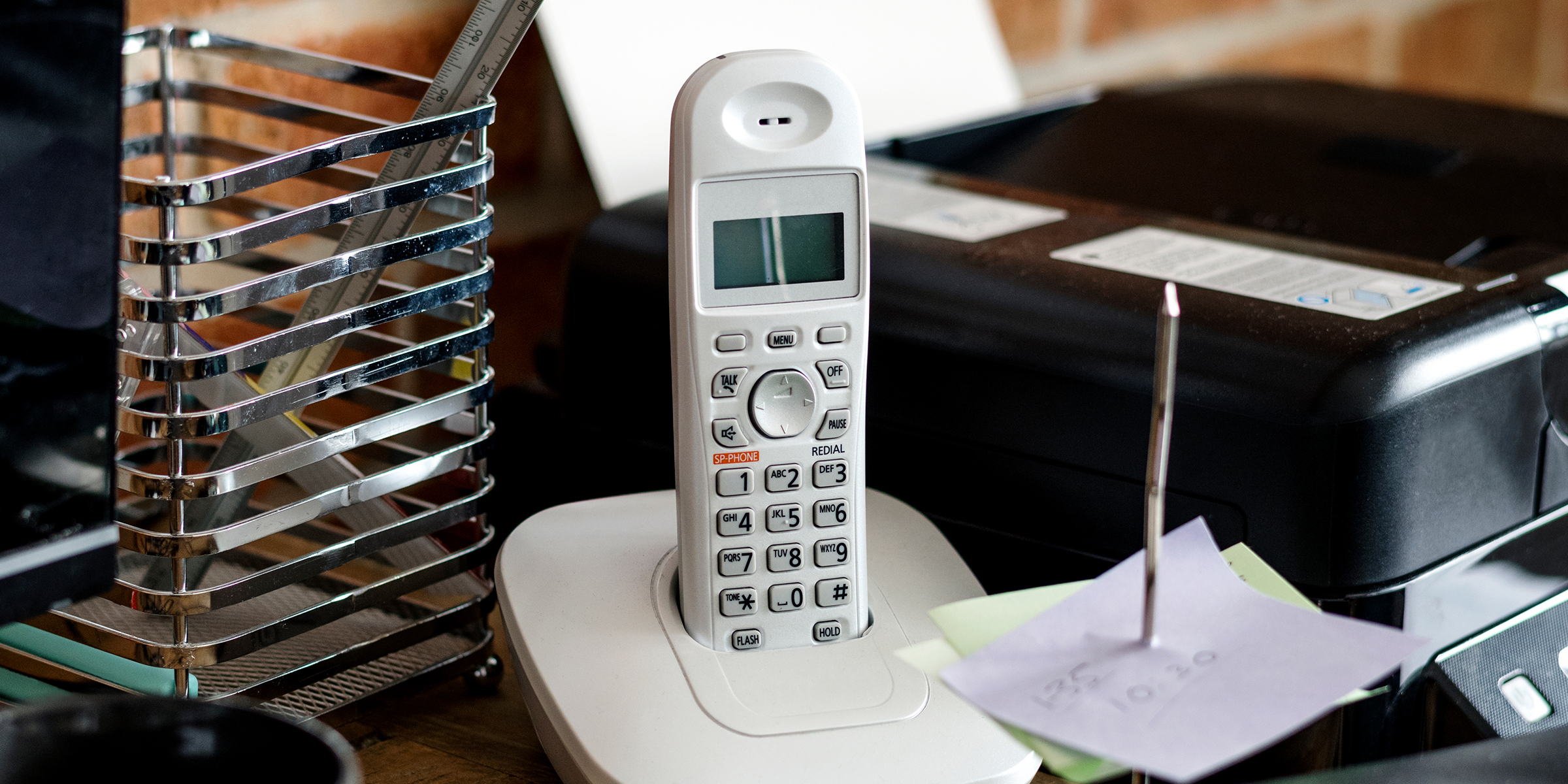 When Allie Heard Her Daughter Whisper “I Miss You, Dad,” Her World Shattered — Her Husband Had Been Dead for 18 Years
When Allie Heard Her Daughter Whisper “I Miss You, Dad,” Her World Shattered — Her Husband Had Been Dead for 18 Years
My husband died when our daughter, Susie, was just two weeks old.
That’s what I believed for nearly two decades.
A car crash. Sudden. Brutal. Senseless. One minute, Charles was brushing a kiss over my forehead, whispering he'd be right back from the store. The next, I was gripping the hand of a police officer, trying to translate his words into a reality that made any kind of sense.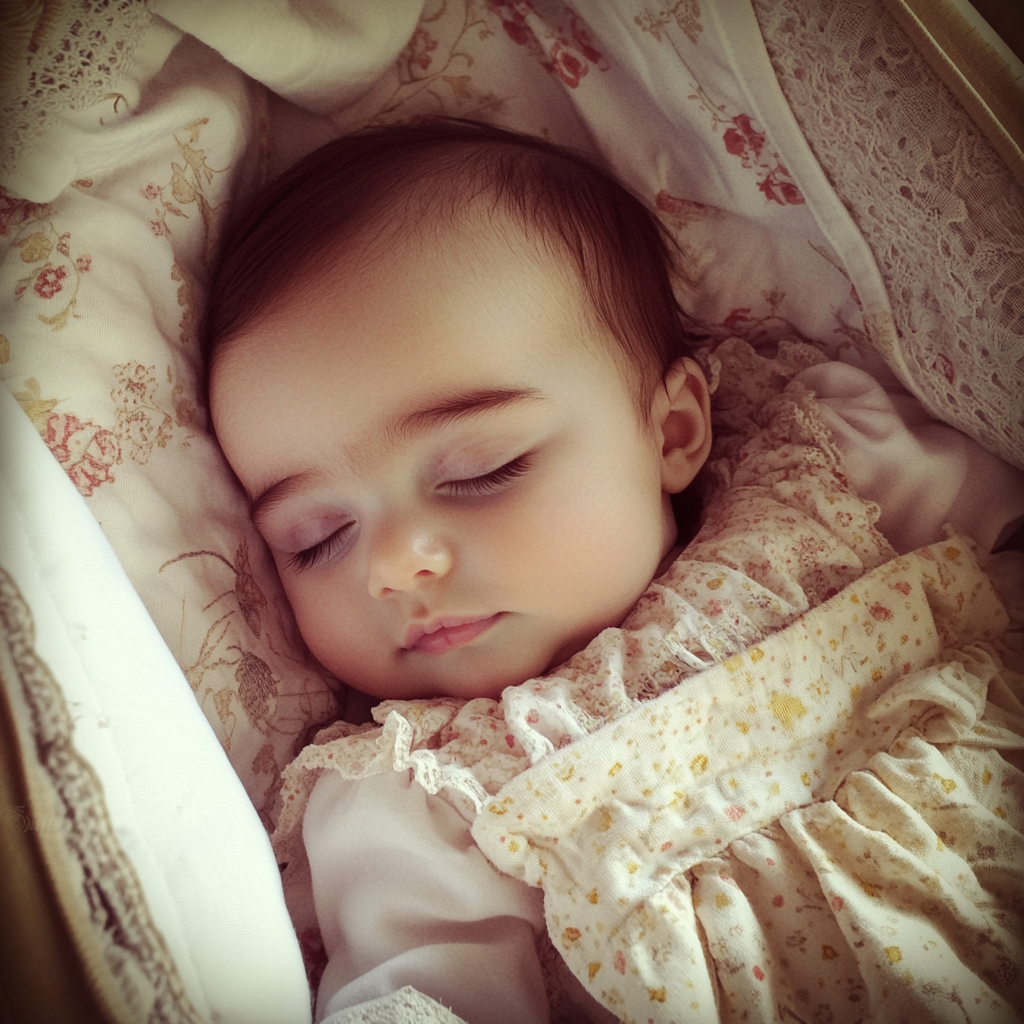
“There was an accident.”
“We’re so sorry.”
“He didn’t make it.”
He was gone.
Just like that.
I was 23, fresh into motherhood, and buried beneath a mountain of grief I didn’t know how to climb. Worse still, I had a newborn in my arms—tiny, perfect, and utterly dependent on me, when I barely felt human myself.
That’s when Diane, Charles’s mother, stepped in. She worked in the mayor’s office and came with promises:
“I’ll handle the details.”
“Let me make things easier.”
I let her. I was too shattered to argue.
The funeral was swift. A closed casket, “due to the damage,” they said. No final kiss. No last look. Diane insisted on cremation. She made the calls. Arranged everything. I stayed in bed, numb, holding Susie like she was the last thread tethering me to the world.
And I never saw his body.
I told myself it didn’t matter. That death was final, regardless of proof.
But 18 years later, I learned just how wrong I was.
The years passed slowly at first. Then all at once.
I grew into the shape of motherhood, not gracefully but with necessity. I woke up, fed my child, folded clothes, packed lunches, and kept moving. Not because I was strong—but because there was no other option.
Susie grew.
She was sensitive, thoughtful, always asking questions in the quietest hours. She had Charles’s eyes—soft and curious—and his dimple, the one that only showed when her smile was truly earned.
As she got older, her questions became more direct, more persistent.
“What was Dad like?”
“Did he sing?”
“Did he ever hold me?”
I gave her the pieces I had. His laugh. His terrible dad jokes. The way he sang loudly and off-key in the car. I repeated the same stories over and over until they felt more like folklore than memory.
And she accepted them. Until she didn’t.
It was an ordinary Tuesday when everything changed.
I was walking past the hallway when I heard her voice through the landline. Gentle. Whispering.
“Okay… I miss you too, Dad.”
My world stilled.
Dad.
I froze, heart leaping into my throat. She turned and saw me—and hung up so quickly, the receiver clattered against the base.
“Who were you talking to?” I asked, trying to stay calm.
Her eyes darted. Her voice dropped.
“Wrong number.”
She bolted up the stairs.
But I knew better.
That night, after she went to sleep, I accessed the landline call history. There it was. A number I didn’t recognize.
I called.
It rang. Once. Twice. I almost hung up—until I heard breathing.
Then a soft voice:
“Susie? I was starting to think you wouldn’t call tonight.”
My knees nearly buckled.
“Who is this?” I whispered. But I already knew.
Silence. Then a click.
The line went dead.
I didn’t sleep. My mind raced with impossible possibilities. Could it be him? Had I buried a lie? Had Diane orchestrated something unthinkable?
The next morning, I sat Susie down. She didn’t deny it. She disappeared upstairs and returned with a worn envelope.
Inside was a letter.
“My name is Charles. If you’re reading this, it means I finally found the courage to reach out. I’m your father.”
I read every line with shaking hands. He had been alive. Watching from afar. Hiding. With Diane’s help.
He wrote about panic, cowardice, and regret. Said he had followed her life from a distance. That he never stopped thinking about her.
At the bottom was a phone number.
“Did you find him?” I asked.
“Yes,” Susie whispered. “I found him online. I wanted to see his face. I needed to know if I had his eyes.”
Two days later, I called Charles.
“We need to meet.”
We chose a neutral coffee shop. Bright. Public. Safe.
He was already there. Thinner. Older. But undeniably him.
I sat across from the man I had mourned for 18 years. The man who had kissed me goodbye one morning and disappeared.
And I let him have it.
“You didn’t just abandon me, Charles. You abandoned her.”
His voice trembled as he tried to explain:
“I was scared. Diane said she’d lose everything if the truth came out. That I had to choose her or you. I thought… I thought you’d both be better off without me.”
I stared him down.
“You chose to leave. Don’t pretend it was anything else.”
He nodded. Defeated.
Then I reached into my purse and handed him a folded document.
“Eighteen years of child support. Not through the courts. But if you want to make amends, this is how it starts.”
He read it. Winced. But didn’t argue.
“I’ll pay.”
“Then, and only then, we’ll talk about whether she wants to see you again.”
He paid. Every month. Without excuse.
And Susie… she started calling him. Slowly, cautiously. Their conversations began as awkward exchanges, then evolved. She laughed again.
Eventually, they met in person. Quiet meetings. Careful steps. No grand gestures—just real ones.
She asked hard questions.
“Why did you leave?”
“Did you ever love Mom?”
“Did you think about me on my birthday?”
I never asked what his answers were. That was their road. Not mine.
But I saw something in Susie that I hadn’t in years: peace.
She chose forgiveness—not for him, but for herself. Because bitterness is a burden, and she was done carrying it.
As for me?
I learned something too.
The weight I carried all those years wasn’t just grief. It was the lie.
The lie that he was dead. The lie that I was left alone by fate. When really, I was left by choice.
Charles isn’t a hero. Not for leaving. Not for coming back.
But he’s not a villain either. Just a man. Human.
And humans—well, sometimes they break things. But sometimes they try to rebuild them too.
Some ghosts don’t haunt you forever. Some knock gently on the door, 18 years later, asking if it’s too late to come inside.
And for Susie’s sake, I didn’t slam that door shut.
I left it cracked—just wide enough for healing to step through.
News in the same category

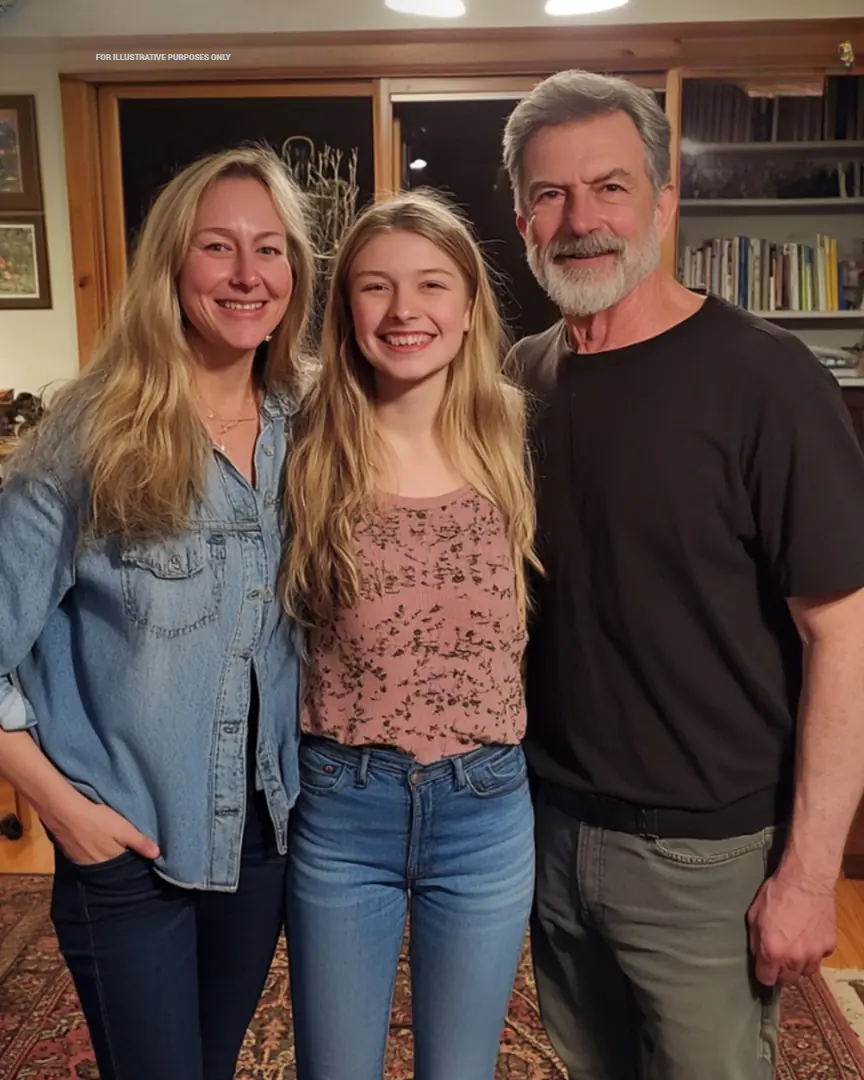
My Wife Kicked Our Foreign Exchange Student Out Because of Her Swedish Tradition – Karma Hit Hard the Next Day
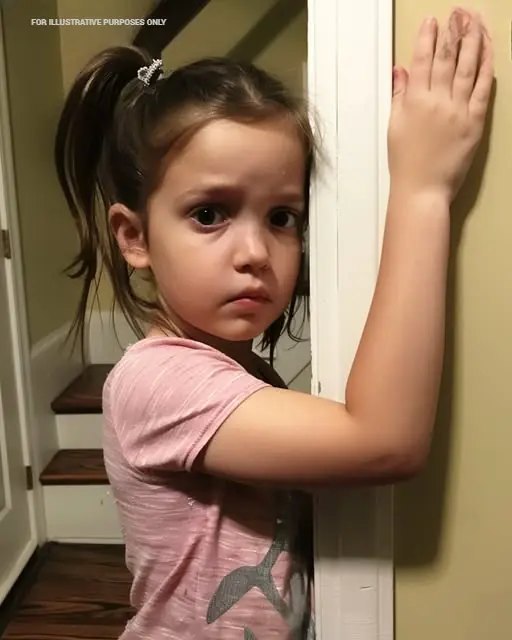
My Boss Asked Me to Babysit His Daughter, but What I Found in the Basement Left Me Stunned
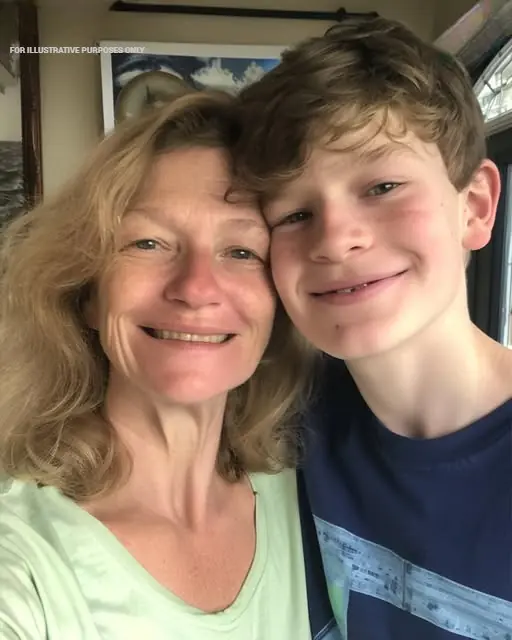
I Raised My Sister’s Son Like My Own for 15 Years — Then He Chose Her Over Me Because She Bought Him a Car
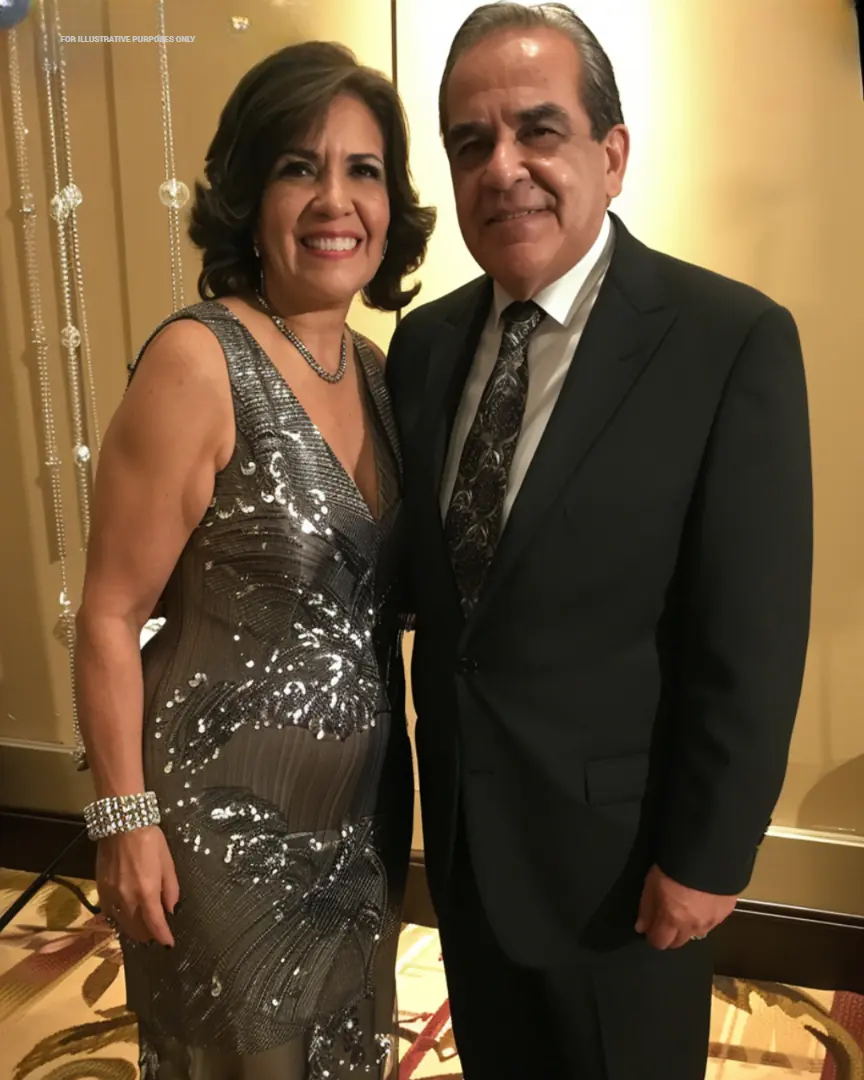
My Fiancé's Arrogant Family Pretended Not to Know Me & My Parents Until the Mayor Showed Up
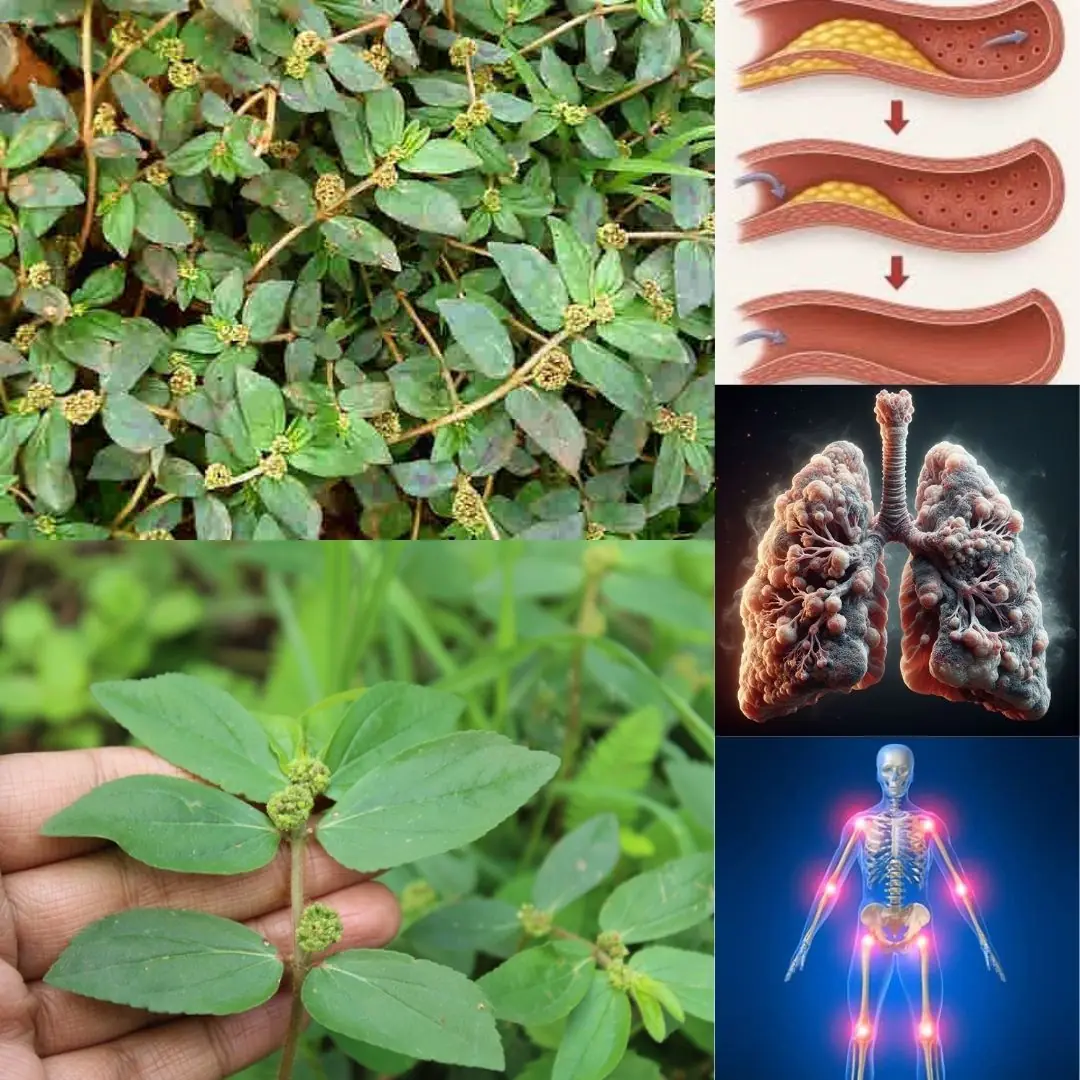
Euphorbia Hirta: 9 key health benefits of this versatile plant
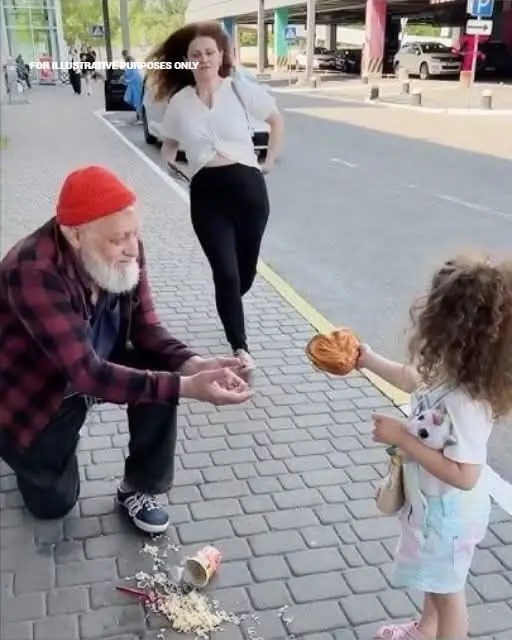
MY DAUGHTER SPILLED HIS ONLY MEAL—AND THEN DID SOMETHING I’LL NEVER FORGET
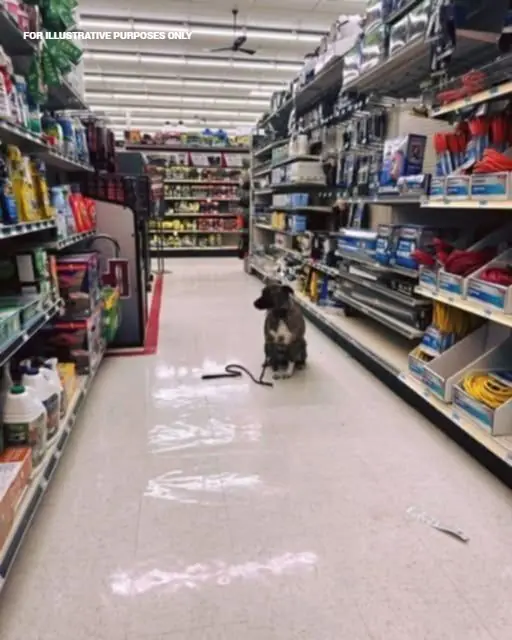
I FOUND A DOG SITTING ALONE IN THE HARDWARE AISLE—AND HER TAG SAID JUST ONE WORD
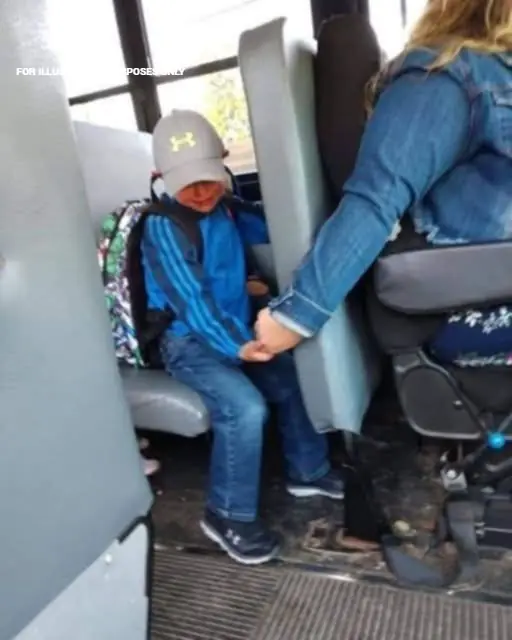
HE CRIED ON THE BUS EVERY DAY—UNTIL SHE DID WHAT NO ONE ELSE WOULD
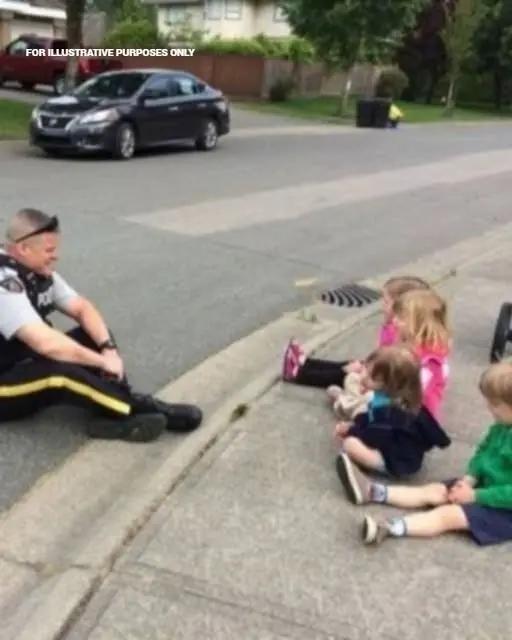
A COP SAT DOWN WITH MY KIDS—AND SAID SOMETHING THAT SHOOK ME
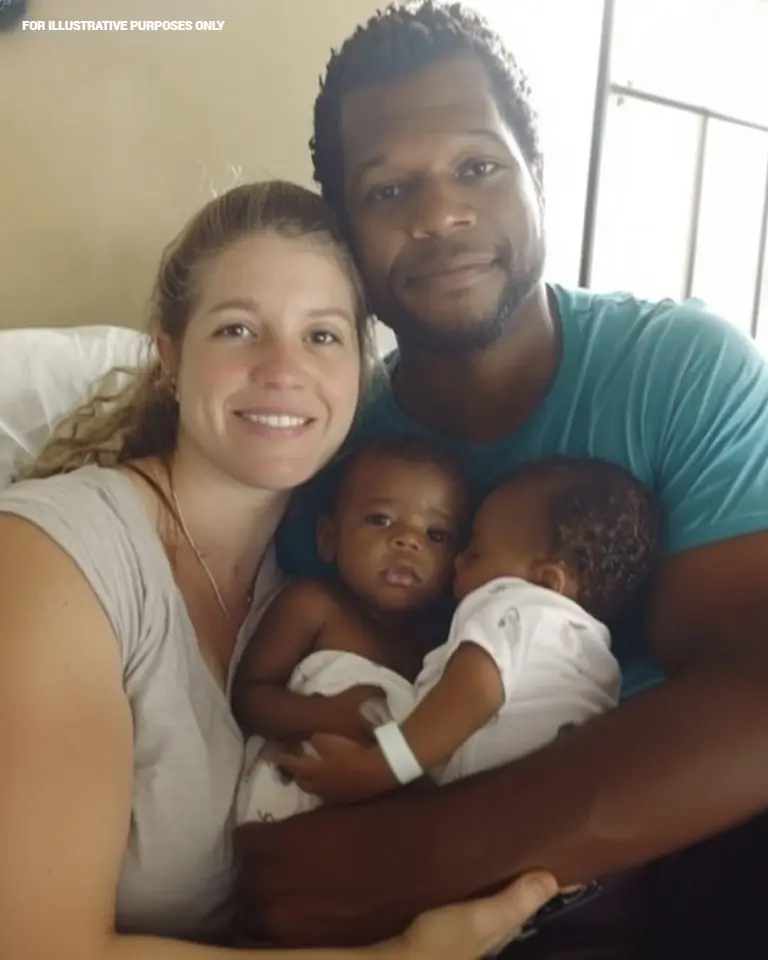
My Wife and Kids Left a Goodbye Note and Vanished – The Security Footage Made Me Cry
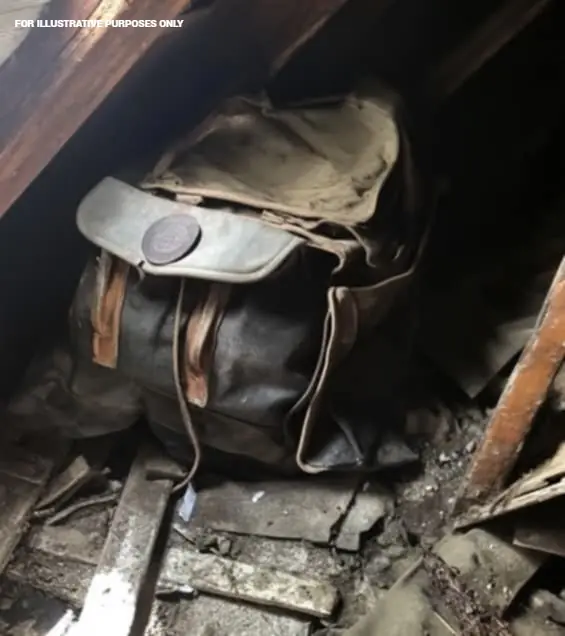
I Visited My Late Father’s House for the First Time in 13 Years and Found a Bag in the Attic with a Note for Me
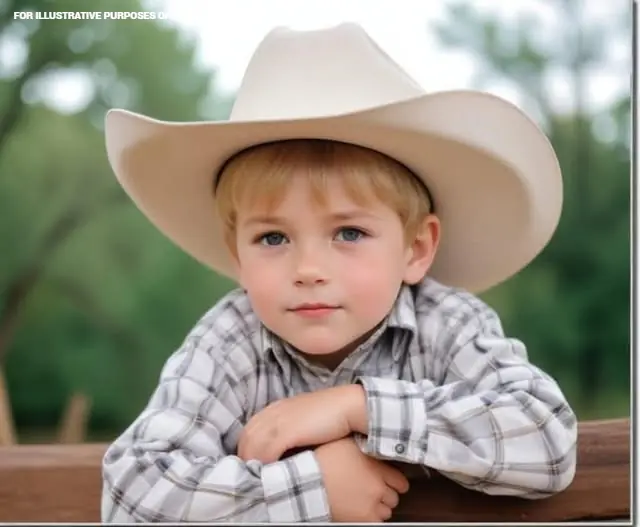
Our teacher asked what my favorite animal was, and I said, “Fried chicken.”
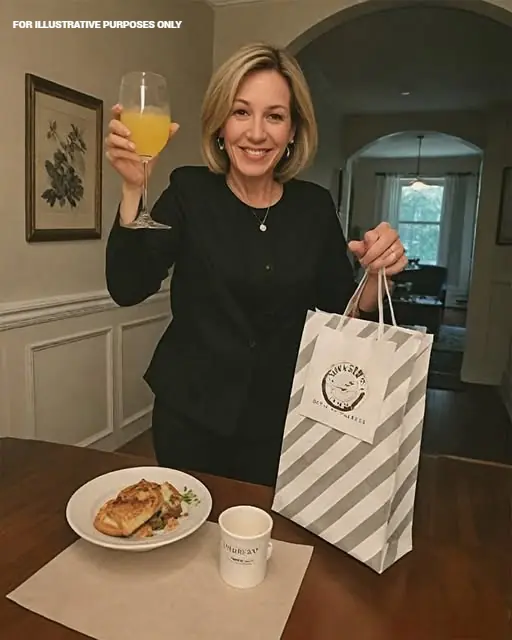
On my daughter’s first birthday, my mother-in-law gave my husband a DNA test in public.
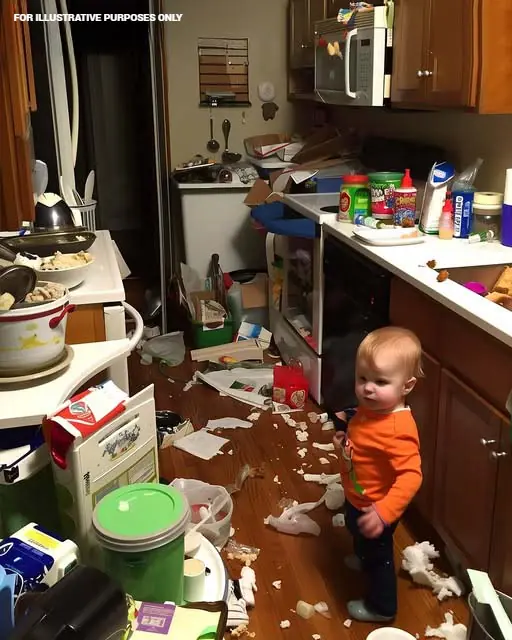
My husband and children were destroying our house when I returned from my trip—it was the last straw.
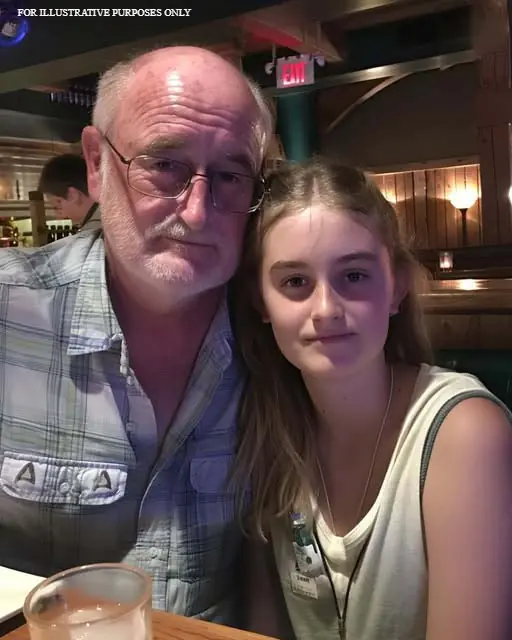
My Stepdaughter Took Me Out to Dinner — What Happened When the Bill Arrived Left Me Speechless
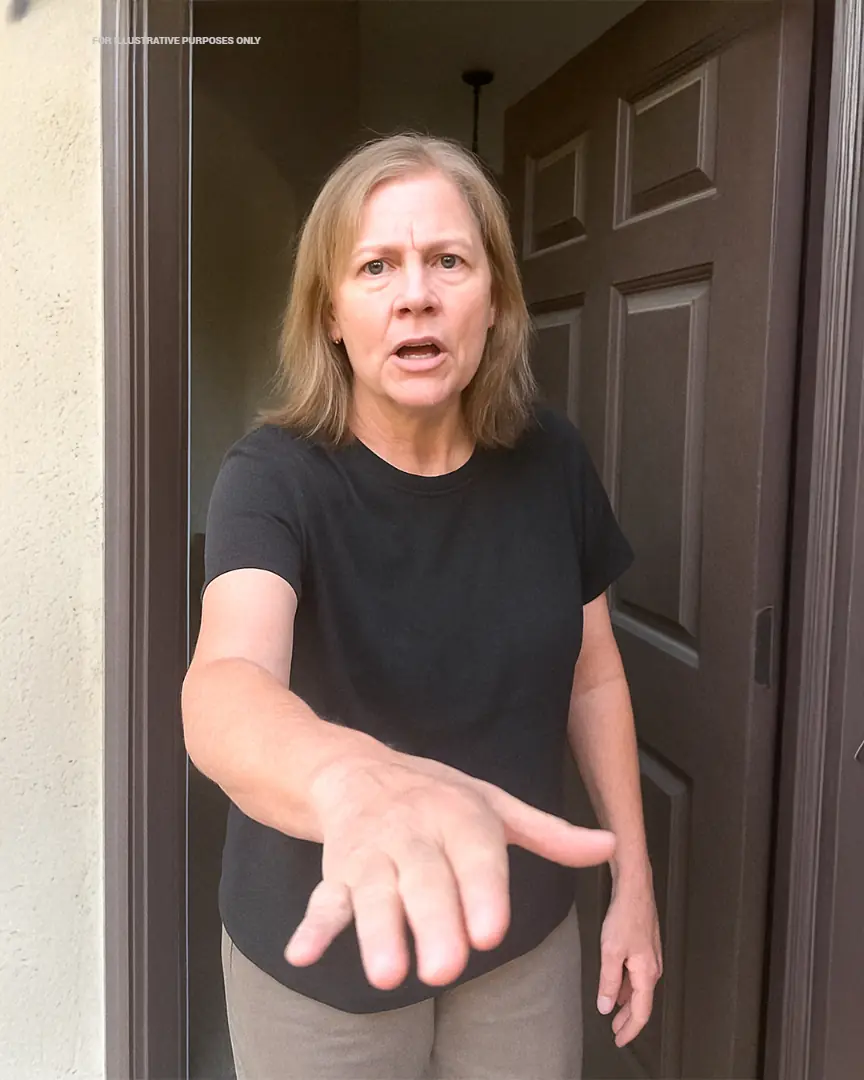
Man Returns Home from Long Business Trip and Finds Unfamiliar Woman Claiming to Own It
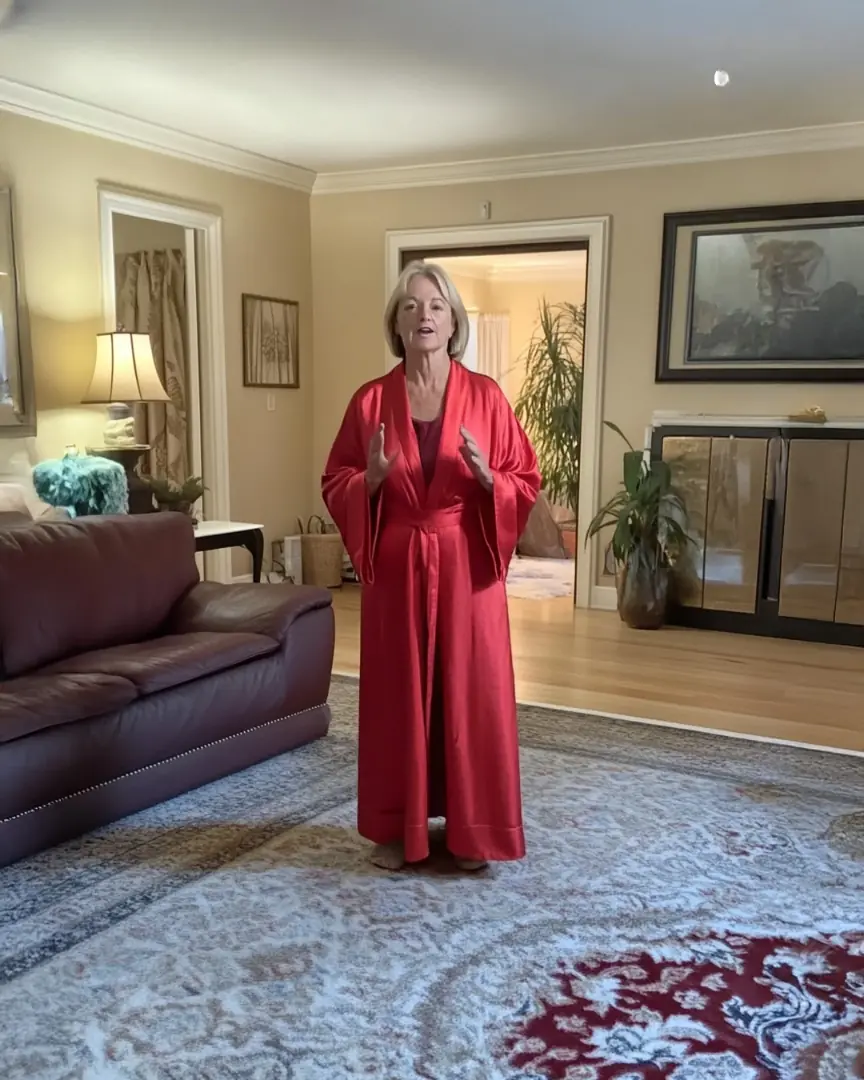
My Stepmom Secretly Sold the Piano I Inherited from My Late Mom to 'Get Rid of Every Memory' – but Karma Hit Her Hard
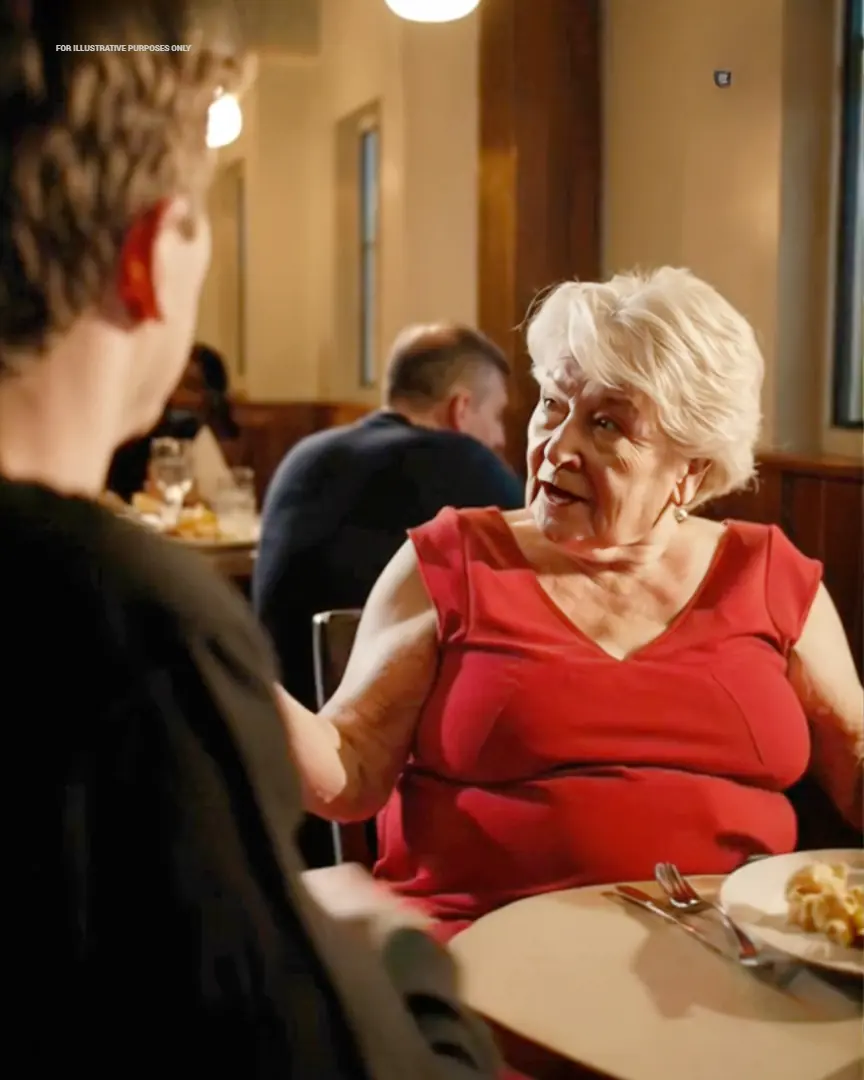
My MIL and Husband Said Mother's Day Is Only for 'Older' Moms—My Family Proved Them Wrong
News Post
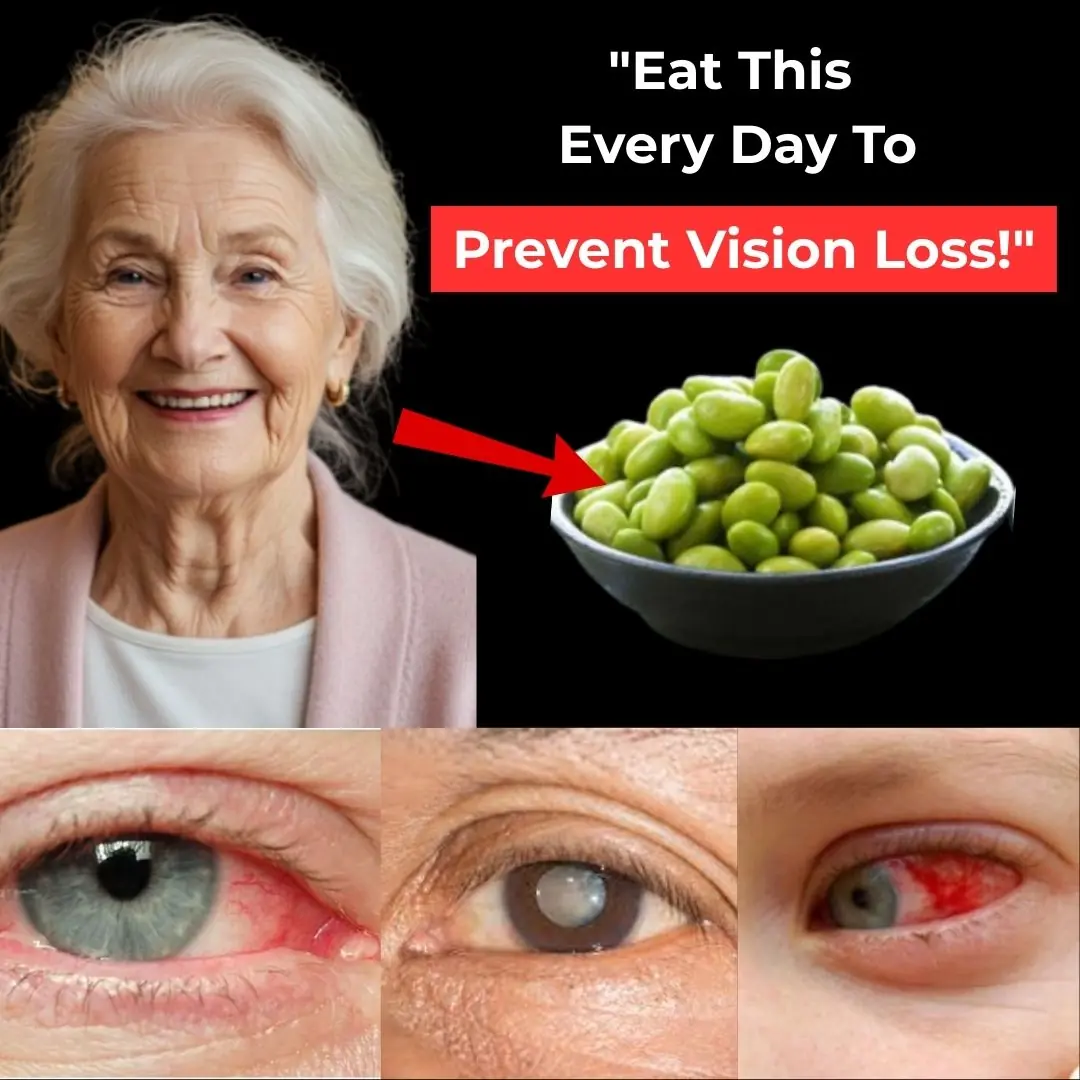
👁️ TOP 5 Foods You NEED for Better Vision & Eye Health (SHOCKED DOCTORS!)

🥕 The Ultimate Morning Power Boost: Carrot, Ginger, Beetroot and Grape Smoothie
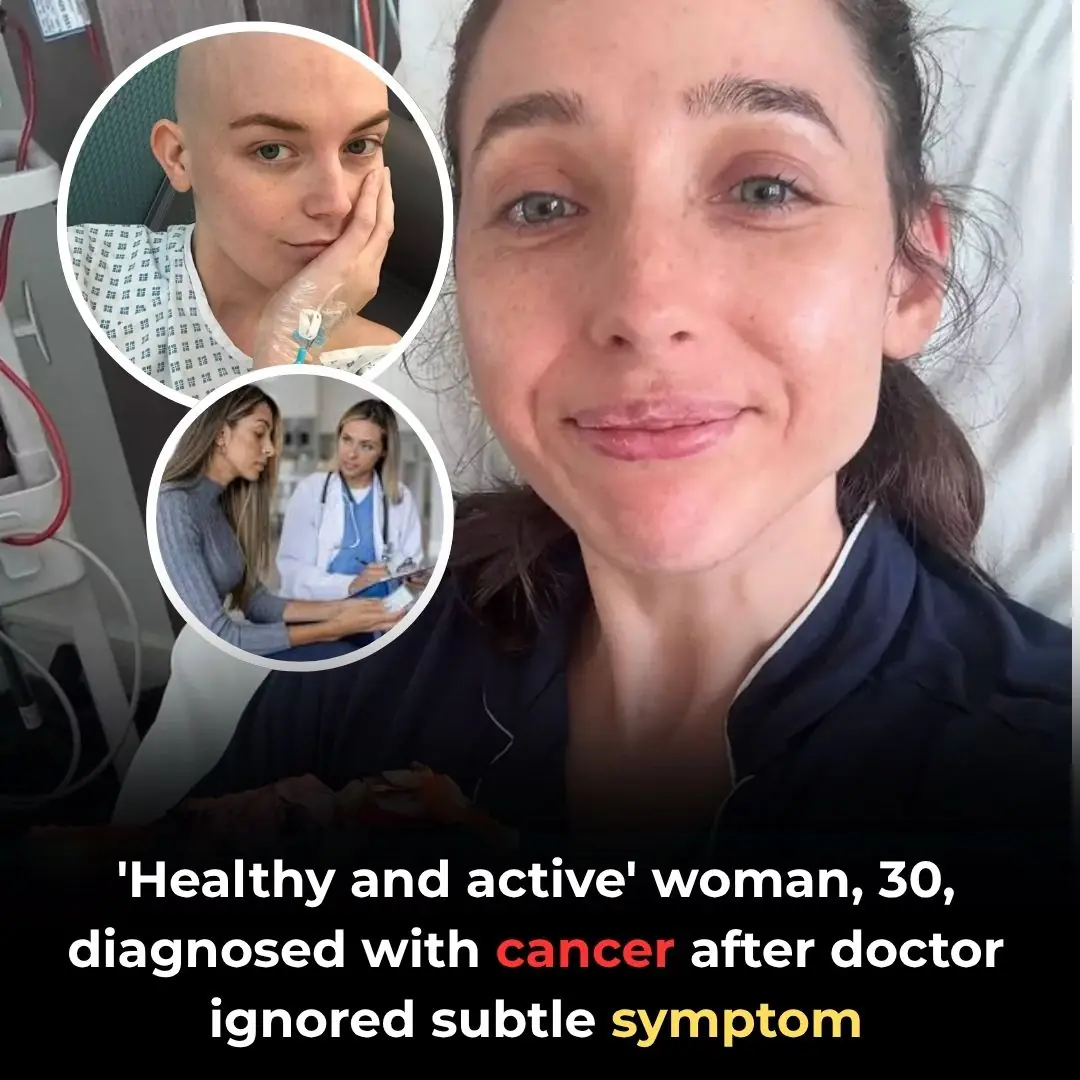
'Healthy and active' woman, 30, diagnosed with cancer after doctor ignored subtle symptom

8 Powerful Foods to Naturally Cleanse and Detox Your Liver
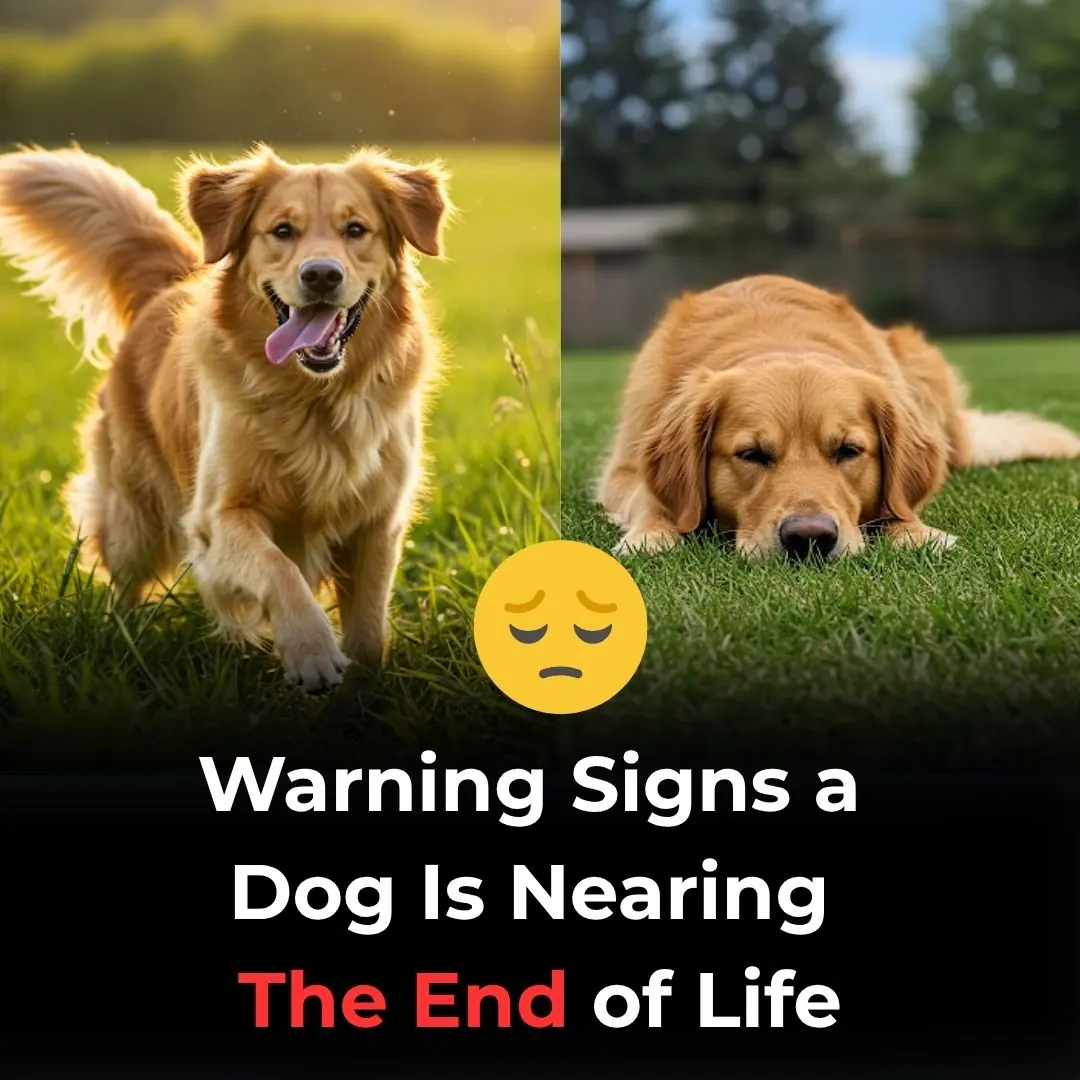
11 Heartbreaking Signs Your Dog May Be Nearing the End

Breakthrough Male Contraceptive Injection Offers Alternative to Condoms and Vasectomy

Scientists: 3 Days of Silence Is Enough to Rewire Your Brain

After My Divorce, I Was Bullied by My Ex-husband's Family – They Were Taught a Harsh Lesson by a Person I Didn't Expect

My Wife Kicked Our Foreign Exchange Student Out Because of Her Swedish Tradition – Karma Hit Hard the Next Day
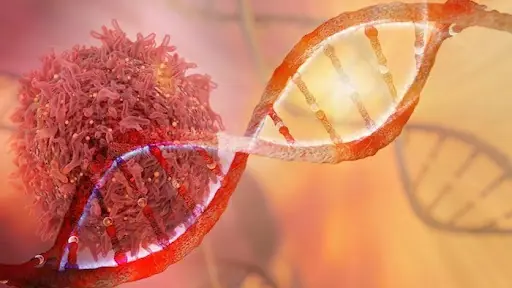
5 of the Best Anti-Cancer Foods — It’s Time to Start Adding Them to Your Diet

My Boss Asked Me to Babysit His Daughter, but What I Found in the Basement Left Me Stunned

21-Year-Old Woman Diagnosed with Cancer Given Days to Live After Ignoring Early Warning Signs

Scientists Reach Bottom Of The Red Sea — What They Found Left Them ‘Shaken’

I Raised My Sister’s Son Like My Own for 15 Years — Then He Chose Her Over Me Because She Bought Him a Car

Taste The Toxin? Shocking Lawsuit Targets Skittles Over Alleged Toxic Ingredient

My Fiancé's Arrogant Family Pretended Not to Know Me & My Parents Until the Mayor Showed Up
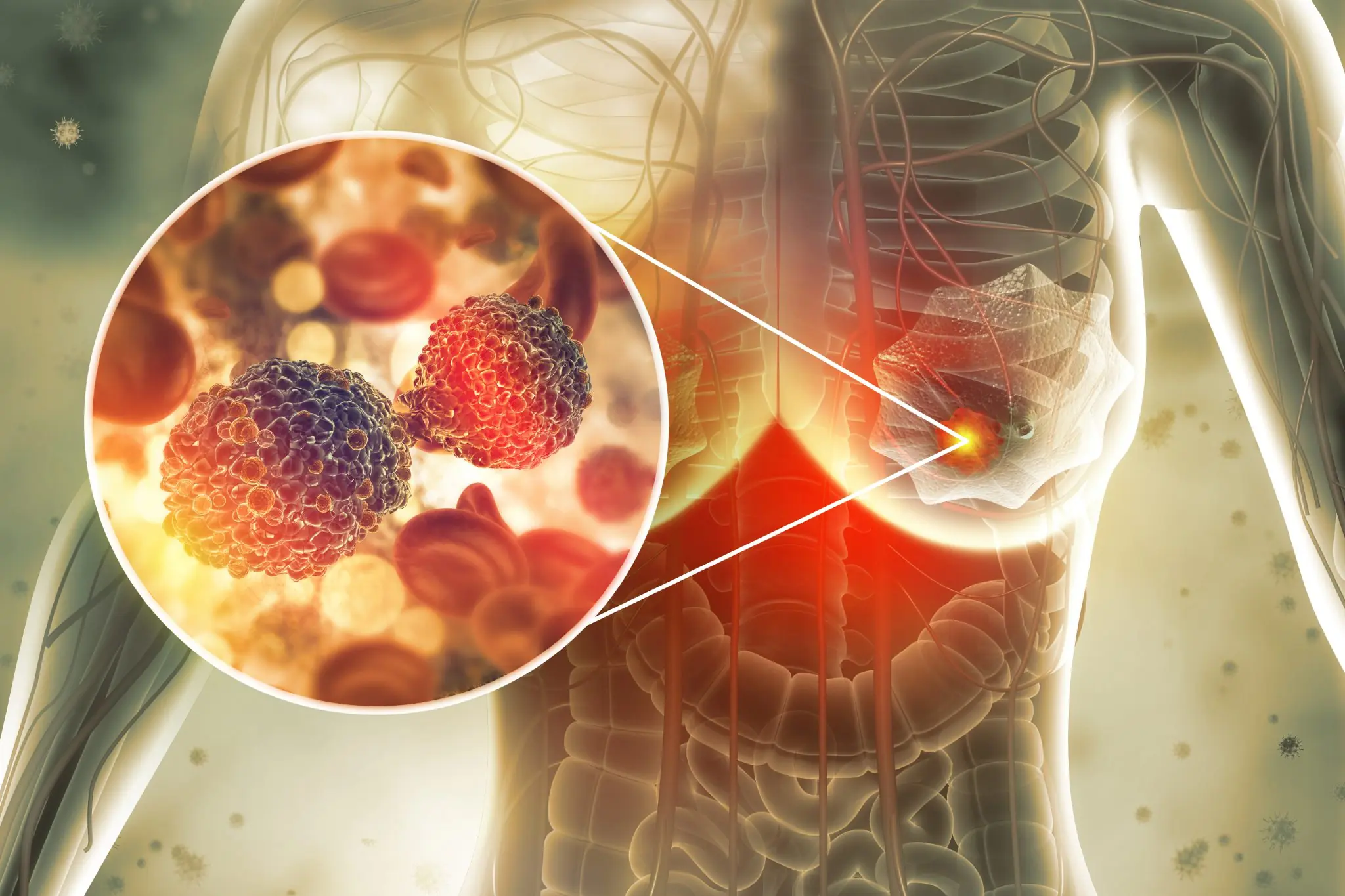
HERMOSA Study Finds Just 3 Days Without Toxic Cosmetics Can Lower Hormone Disruptors
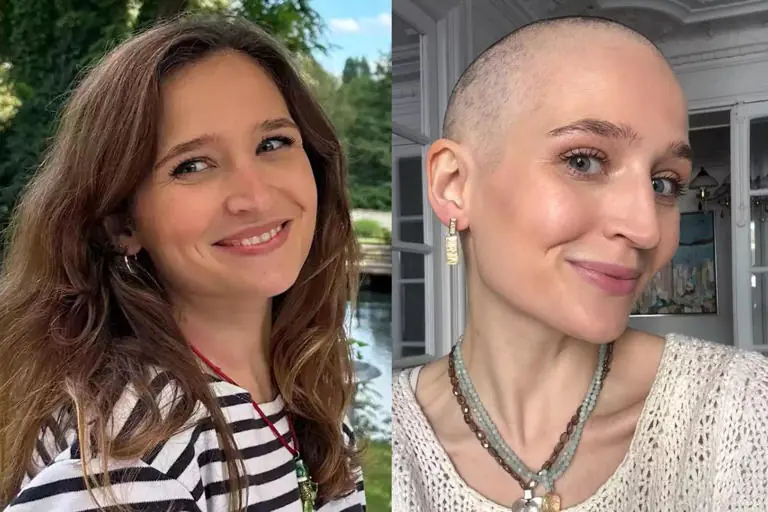
Woman Ignored ChatGPT’s Health Warning—Then Came a Cancer Diagnosis

Antarctica Ice Sheet Grows for First Time in 30 Years, Surprising Scientists
